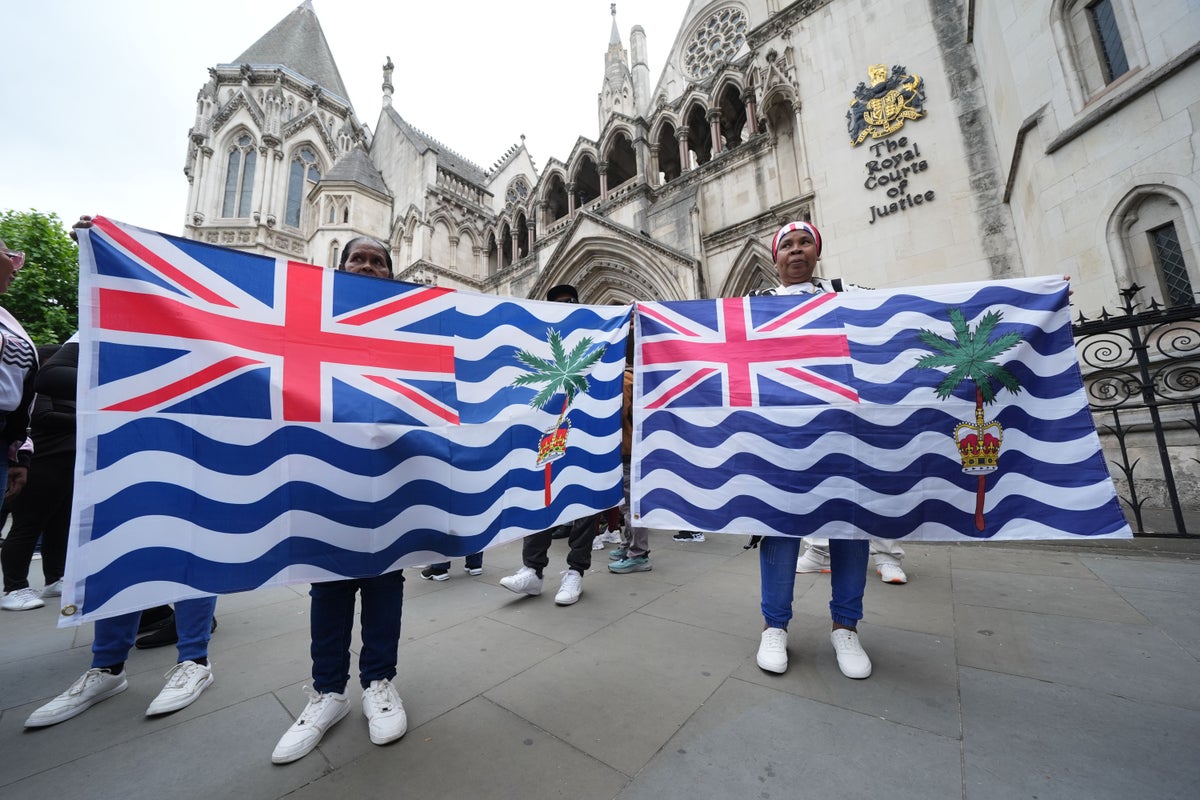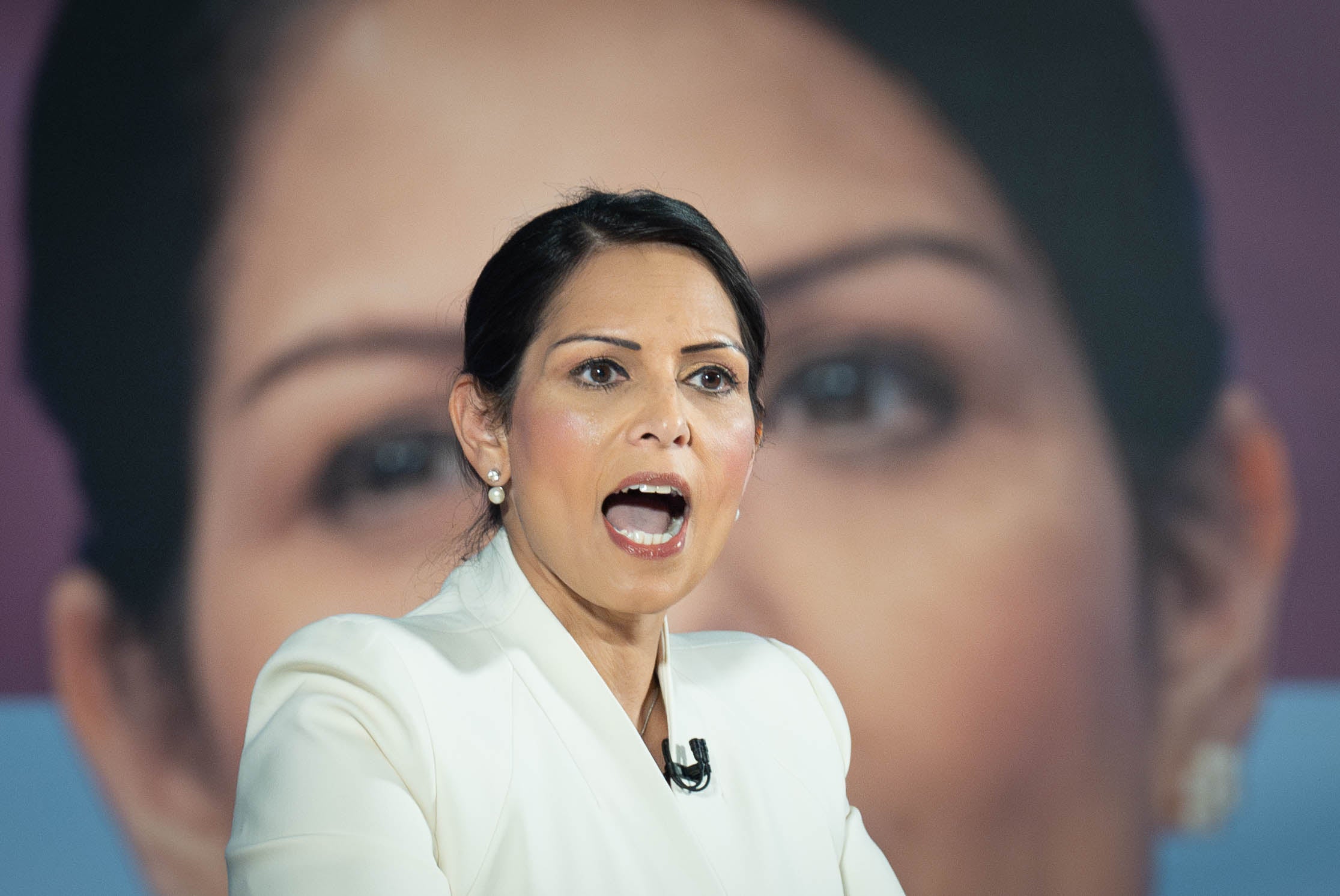
A deal to keep the UK-US military base running in the Chagos Archipelago is projected to see £34.7 billion handed to Mauritius over the next 99 years.
Conservative shadow foreign secretary Dame Priti Patel has accused ministers of trying to "cover up" the cost of ceding the Chagos Islands to Mauritius, alleging an "accountancy trick" was used to price the deal at £3.4 billion.
The higher £34.7 billion figure, released after a freedom of information request to the Government Actuary’s Department, is a nominal amount. Adjusted for inflation, the deal is worth an average £101 million annually in 2025/26 terms, reducing its value to around £10 billion in today’s money.
The UK Government has agreed to cede the Chagos Archipelago to Mauritius but retain control of the military base on Diego Garcia.
Ministers feared that without a deal, the base’s future was in doubt amid challenges in international courts and tribunals.

“We’ve all known it’s a terrible deal with huge costs to hard-pressed British taxpayers,” Dame Priti wrote in The Telegraph, which first reported the figures.
“But for months, ministers in public and Parliament have sought to cover up the true amounts.”
Dame Priti also warned that “instead of owning up to the costs, Labour has used an accountancy trick to claim the amount was only £3.4 billion – still a vast waste of money”.
She described the £35 billion figure as “mind-blowing”, and labelled Foreign Secretary David Lammy as “‘Calamity’ Lammy”.
Dame Priti accused him, Prime Minister Sir Keir Starmer, Attorney General Lord Hermer and special envoy for the negotiations Jonathan Powell of being “the worst team of negotiators in history”.
The figures, seen by the PA news agency, show that the Government used a Treasury principle to reduce the figure by between 2.5% and 3.5% per year to £3.4 billion.
This “social time preference”, used since 2003, is based on the idea that taxpayers would prefer to get their return on the deal sooner rather than later.







